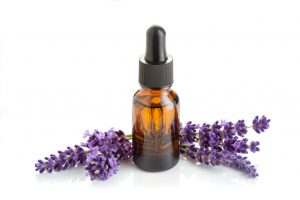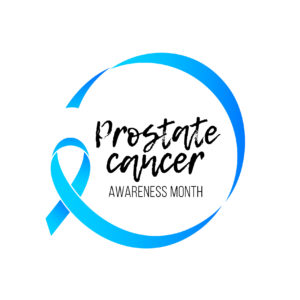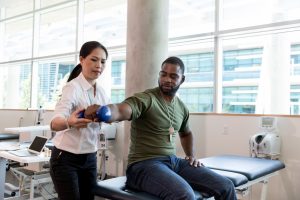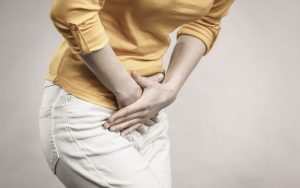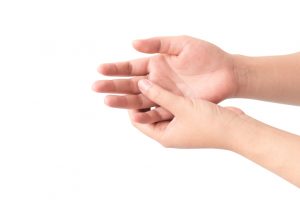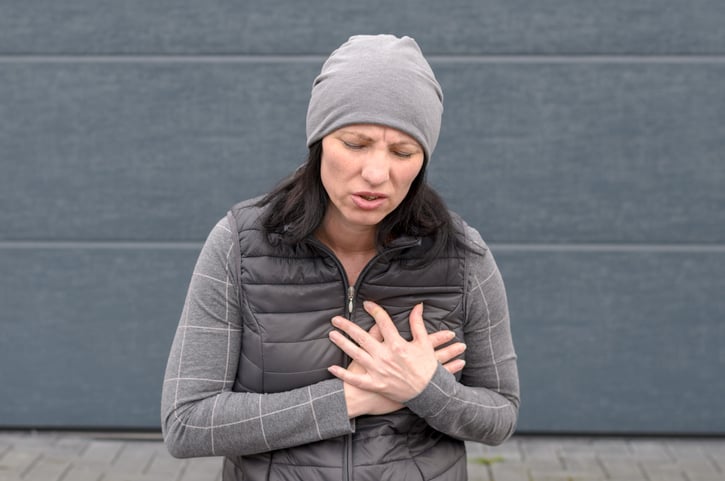The use of essential oils has been gaining popularity among many for their healing properties, but what are they?
Basically, essential oils are plant extracts. They are made by steaming or pressing various parts of a plant, such as the flowers, bark, leaves or fruit, to capture the compounds that produce fragrance.
The use of essential oils for therapeutic purposes is known as aromatherapy. Some of the many conditions essential oils are used to treat include:
- Anxiety
- Insomnia
- Depression
- Nausea
- Headaches
- Osteoarthritis
Essential oils can be inhaled using a diffuser or spray or they can be topically applied. Some of the most popular essential oil scents are lavender, chamomile, eucalyptus, peppermint, tee tree and lemon grass. When used safely and in combination with conventional medicine, essential oils can have a positive impact on your overall health, but there can be dangers if not used responsibly.
Here are some tips on the proper use of essential oil:
- Make sure they are diluted, usually with vegetable oils, creams or bath gels. Your solution should only 1% to 5% of the essential oil.
- Only use them on certain parts of your body. The best places to rub essential oils are your arms and legs. Avoid placing inside your mouth, nose or eyes.
- Don’t keep essential oils more than three years. Older oils are more likely to be spoiled and may not work as well. They could also irritate your skin or cause an allergic reaction.
- Stop using them if you develop a rash, little bumps, boils, or just itchy skin and don’t use essential oils on damaged skin as it could cause unwanted skin reactions.
- Consider age when using essential oils. Young children and the elderly may be more sensitive to them. Don’t use essential oils on a baby unless your pediatrician says it’s okay.
- Avoid using if you are pregnant. Some essential oils may make their way into the placenta. It’s not clear if this causes any problems, unless taken in toxic amounts, but to be safe, it’s best to avoid if you’re pregnant.
- Don’t overdo It. More of a good thing is not always good. Even when diluted, an essential oil can cause a bad reaction if you use too much or use it too often.
Speak with your doctor before using essential oils. Together you can determine if they are right for you.
All content of this newsletter is intended for general information purposes only and is not intended or implied to be a substitute for professional medical advice, diagnosis or treatment. Please consult a medical professional before adopting any of the suggestions on this page. You must never disregard professional medical advice or delay seeking medical treatment based upon any content of this newsletter. PROMPTLY CONSULT YOUR PHYSICIAN OR CALL 911 IF YOU BELIEVE YOU HAVE A MEDICAL EMERGENCY.

